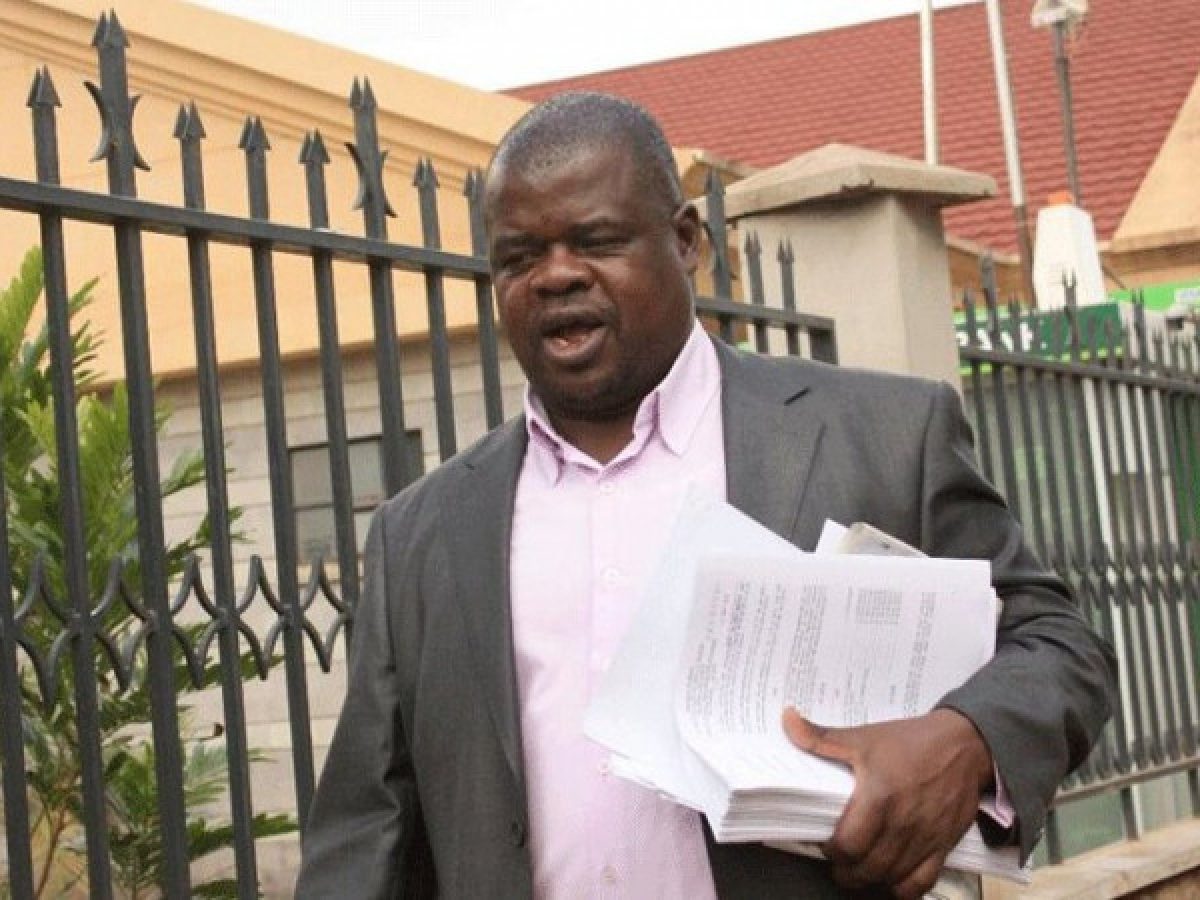The High Court on Monday declined to lift the conservatory order suspending the implementation of the Finance Act 2023 issued on June 30.
This is after Busia Senator Okiya Omtata and Humana Rights groups filed a suit against the Act.
Chief Justice Martha Koome was given the file by Justice Mugure Thande to set up a three-judge bench to hear the case.
According to Justice Thande, the petition raises important issues, and the court is aware of the interest the Finance Act and Finance Bill 2023 have sparked among the public.
Thande further stated that the State, represented by Attorney General Justin Muturi, had not persuaded the court that there were sufficient grounds to overturn the prior conservatory decisions.
“The applications dated 30th of June 2023 and 1st of July 2023 are hereby dismissed the application dated 29th of June 2023 is hereby allowed, pursuant to article 165 (4)this matter is certified as raising a substantial question of law and the file is hereby transmitted to the Chief Justice for assignment of a bench of not less than three judges to hear and determine the petition,” Justice Thande ruled.
Thande has extended the temporary orders that prevent the government from enforcing the Finance Act 2023's revenue collection requirements.
The petition's creator, Omtatah, claimed the law is unconstitutional and added that Kenyans would suffer greatly if it were to be implemented.
Despite fierce opposition, the government of President William Ruto pushed the law through parliament because more income measures were necessary to fund job-creating efforts and manage rising debt repayments.
The Finance Act 2023 has many taxation measures, including increasing the fuel tax to 16 per cent and enacting a 1.5 per cent housing levy for all employees.
Despite objections from the opposition Azimio coalition and members of the civil society, President Ruto signed the Bill after the National Assembly approved his tax proposals.









